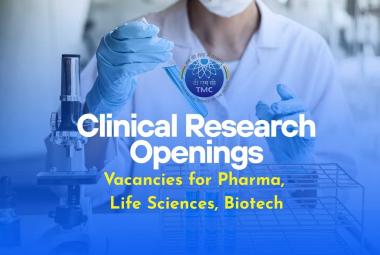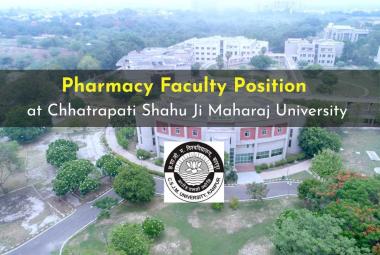Sanofi is discontinuing the global clinical development program of tusamitamab ravtansine. The decision is based on the outcome of a prespecified interim analysis of the Phase 3 CARMEN-LC03 trial evaluating tusamitamab ravtansine as monotherapy compared to docetaxel in previously treated patients with metastatic non-squamous (NSq) non-small cell lung cancer (NSCLC) whose tumors express high levels of carcinoembryonic antigen-related cell adhesion molecule 5 (CEACAM5).
An Independent Data Monitoring Committee (IDMC) found that tusamitamab ravtansine as a monotherapy did not meet its dual primary endpoint of progression-free survival (PFS) compared to docetaxel. Despite an improved overall survival (OS) trend, termination of the program was based on non-improvement in PFS at the final analysis. Tusamitamab ravtansine had a similar safety profile as previously presented with a lower incidence of various important clinical categories of adverse events versus docetaxel. Trial participants will have the option to stay on their current therapy if they are benefitting, as deemed by their provider, or to transition to an appropriate standard-of-care therapy.
CEACAM5 is a member of the CEACAM family of 12 glycoproteins and may drive cell adhesion and migration, as well as inhibit apoptosis, and may be overexpressed in many different cancer types.
CARMEN-LC03 was a randomized, open-label Phase 3 study evaluating tusamitamab ravtansine as monotherapy compared to docetaxel in patients with metastatic NSq NSCLC and high CEACAM5 expression. The dual primary endpoints of CARMEN-LC03 were progression-free survival and overall survival. Secondary endpoints included objective response rate, health-related quality of life, safety and duration of response.














